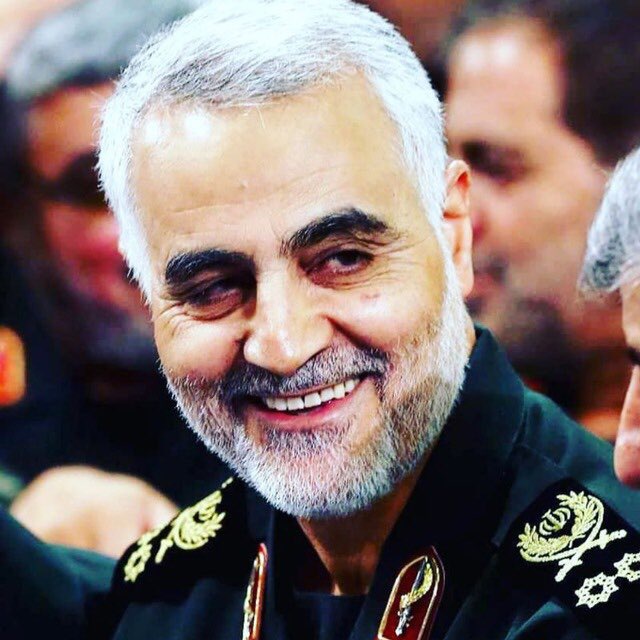If you don’t have money, you won’t even be allowed to drink water!
The danger of the #neoliberals is near, they want to get to the point where everyone has more money, can consume more water.
In recent days, the second biennial water economy conference was held in Tehran. This conference was organized by institutions such as the Ministry of Energy, Ministry of Agricultural Jihad, Water and Wastewater Organization of the country, Program and Budget Organization, National Center for Strategic Studies of Water and Agriculture and Chamber of Commerce, Mining and Agricultural Industries of Iran. One of the main axes of this conference, as its name implies, is to transform the issue of water from a right to a commodity, and also to transform the management of water resources from the duty of the State to a profitable business.
From 1347, when water was officially nationalized in Iran, until the writing and even the change of the constitution of the Islamic Republic, it has explicitly considered water to be private property (Principle 45) and the approval of the fair distribution of water law in 1361, in which water belongs to the public commons (public debates). It has been announced that the principle of public ownership or private ownership of all water resources in the country has always been the principle.
In the last few years, the increase in water tensions in different parts of Iran, which is now considered a very serious and imminent threat to each and every inhabitant of this land, along with the obvious approach of the government to advance neoliberal economic policies as strongly as possible, the discussion of water economy and naturally to After that, the issue of ownership or exclusive use of water resources has also been raised.
In the above-mentioned conference, the secretary of the conference says:
In economic terms, the cost that society really incurs in consuming a glass of water should be the basis for deciding to drink one more or less glass. This is the thing that has been the basis of decision-making for as long as human life, and economic knowledge has codified it in the form of relationships and decision-making criteria for more than a century. The final cost and the final utility in the case of the final consumer or the added value of water production are two important criteria for reaching the balance point in decision making. Therefore, if the price has an identity, this identity is not independent of the efficient costs of supply.
In fact, the speech of Mr. Debir Hamaish, aside from the rhetorical quibbles, can be simply summed up in the basic formula of #capitalism: everyone can consume as much as they pay.
On the other hand, the legal framework of the case should not be neglected. Can water and other natural resources (seas, forests, plains, oil, gas and everything found in nature) be owned in Iran’s legal system?
This basic and very important question can be answered in two ways:
In endless jurisprudential/legal debates regarding concepts such as enfal and commonalities, or considering water as the property of the public as the basis of all natural resources of the country and above all, people’s consumption and access to water is not a privilege or A product for which they have to pay money and buy it is considered a natural right. The government, both in the sense of the State and in the sense of the executive power, should be considered as obliged to respond to the devastating scandal that has descended like a plague on the water resources of the country.
It seems that the #working class, who will of course be the first and most definite victim of the [possible] privatization of water resources in the country, sees a new front to resist and fight against itself: the right to water, which is equal to the right to life. This time, the dominant bourgeoisie has targeted not the livelihood but the lives of each and every people of this land.
@Hermes_ir
@Mostazafin_TV
This post is written by SHHDAMAWAND
